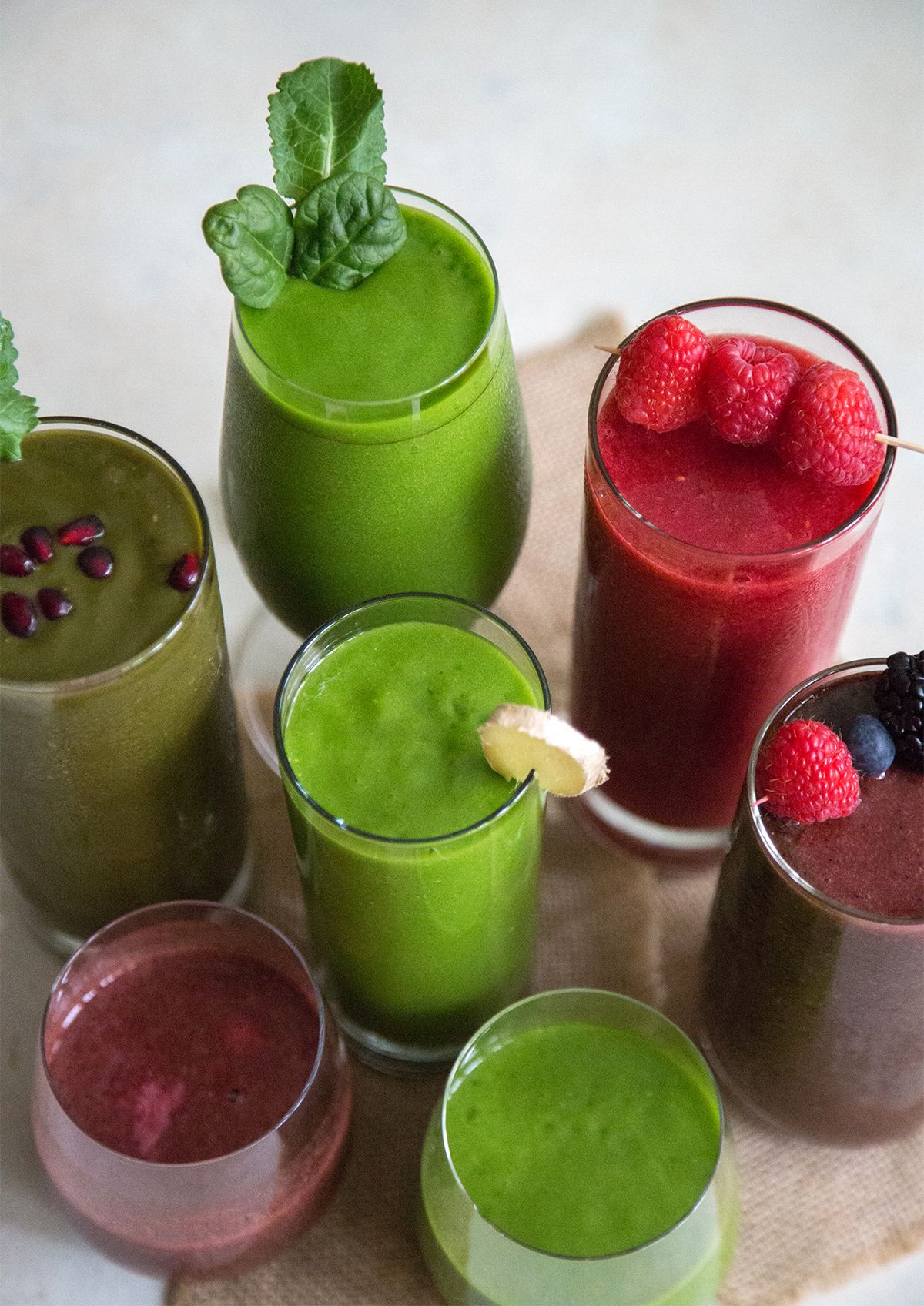Red Wine Calories | Calories in Red Wine
Nutritional Values
|
Amount Per
|
| Red wine Calories 85 |
| % Daily Value* | |
| Total Fat 0 g | 0% |
| Saturated fat 0 g | 0% |
| Polyunsaturated fat 0 g | |
| Monounsaturated fat 0 g | |
| Cholesterol 0 mg | 0% |
| Sodium 4 mg | 0% |
| Potassium 127 mg | 3% |
| Total Carbohydrate 2.6 g | 0% |
| Dietary fiber 0 g | 0% |
| Sugar 0.6 g | |
| Protein 0.1 g | 0% |
| Vitamin A | 0% | Vitamin C | 0% |
| Calcium | 0% | Iron | 2% |
| Vitamin D | 0% | Vitamin B-6 | 5% |
| Cobalamin | 0% | Magnesium | 3% |
Red Wine Benefits
10 Amazing Benefits of Cranberry Juice(Opens in a new browser tab)
Some of the health benefits of red wine have made it one of the most written about alcoholic beverages in recent years. It helps in the prevention of conditions ranging from cardiovascular diseases to cancer. Some other advantages of red wine include the prevention of dementia, combating the aging process, and controlling hypertension.
Red wine can also aid in reducing the risk of developing gallstones and kidney stones. It plays a role in improving the general resistance to allergens and the antioxidants from wine are constituents of some high-end cosmetic formulas. A daily dose of a moderate amount of red wine can truly work wonders for the body.
The health benefits of red wine have distinguished it from many other beverages. Unlike other alcohols, wine does not significantly add to the calorie count and in fact, it keeps your obesity in check. Wine consumption leads to lower levels of LDL cholesterol, which has a positive effect on the heart. It provides a rich source of antioxidants that include flavonoids and polyphenols, especially resveratrol, which is an active element in cancer prevention. The wine has been proven to be a rich source of antioxidants and a powerful substance to prevent cardiovascular diseases.
Health Benefits Of Red Wine and Red wine Calories
Also, Read Which Champagne is best?
Here are some of the health benefits of red wine:
Organic Red Wine
Organic red wine and Red wine calories is a healthier drink than normal red wine. Although, the taste is a very personal issue in terms of wine, and everyone has their own preferences. Still, most of the appreciators of wine are of the opinion that red wine is better than white wine in many aspects. These people have been eagerly waiting for something that could make it healthier and better. ere is something they can rejoice about: the fact that red wine is available with a pleasing “Organic” tag on it – “Organic Red Wine”.
Although red wine is naturally richer in health benefits and taste than its white counterpart, a considerable portion of its antioxidants are destroyed if it is not processed organically. The presence of chemical fertilizers, pesticides, and fungicides present in it, not being organic, further robs its goodness. It is also packed in environmentally friendly organic containers. For these reasons, organic red wine is a very healthy choice instead of a regular wine. In the context of wines, a mere “Organic” label on the bottle does not certify that it is 100% organic.
Organic red wines come in three categories. First, those with a “100% Organic” label on them. As the name suggests, 100% of the grapes used in these wines are organic and absolutely no chemical additives have been added to them for processing or preserving. Next are the organic red wines that simply have the “Organic” label on them. As per the United States or European Standards, at least 95% of the grapes must be organically grown. Some permissible amounts of chemical stabilizers and preservatives (mostly sulfur compounds) can also be used in them. These wines can contain up to 10 mg of sulfites and can still be called organic. Finally, there are organic red wines with “Made from organic grapes” written on their labels. This means that at least 70% of the grapes used in their manufacturing is organic in nature. They are not necessarily made through organic processing. They also contain a permissible amount of sulfites.
Dental Care
According to a recent study, red wine and grape seed extract can potentially help prevent cavities.
Diuretic Properties
Like other alcoholic beverages, the wine has diuretic properties and flushes out the toxins from the body during urination.
Contribution to Cosmetics
The resveratrol found in wine has also been shown to reduce the scarring caused by radiation and is a component of many cosmetic products and applications.
Minimizes Allergic Reactions
Red wine has been proven to alleviate allergies in some individuals and boosts their resistance to allergens.
Prevents Osteoporosis
The high silicon content of red wine ensures enhanced bone density and can also act as a protector of bone health in menopausal women due to the phytoestrogens present in it. Estrogen is commonly used in hormone replacement therapy for menopausal women.
Reduces Risk of Kidney Stones
Studies carried out by the Harvard Medical School indicate a reduced occurrence of gallstones among regular drinkers of a moderate serving of wine each day. Wine also reduces the incidence of kidney stones when consumed in moderation.
Prevents Dementia & Alzheimer’s Disease
Resveratrol in wine also plays a neuroprotective role and enhances the degradation of plaques that can cause Alzheimer’s. It also counters the age-related degeneration of neurons.
Prevents Cardiovascular Diseases
According to the findings of the journal Nature, red wine inhibits the synthesis of endothelin-1. It is a protein responsible for the building up of fats along the walls of blood vessels leading to atherosclerosis. Wine also has high levels of procyanidins, a class of phenols, which play a role in the oxidation of LDL (bad) cholesterol, reducing the risk of cardiovascular diseases.
Prevents Memory Loss
Recent research suggests that resveratrol found in red wine and red grapes may help in preventing age-related memory loss.
Prevents Cancer
Red wine is a rich source of a polyphenol called resveratrol, which acts as an antioxidant. It protects the cells of the body from damage and wards off chronic diseases. These antioxidants play a major role in the prevention of cancer, including colorectal and lung cancer.
Anti-inflammatory Properties
The American Chemical Society has found that the phenols found in red wine prevent platelet aggregation, thus countering thromboses that can occlude the inner lining of the blood vessels. It has blood thinning properties and scores higher than aspirin in this respect. Aspirin is usually taken as a preventative measure for heart attacks.







